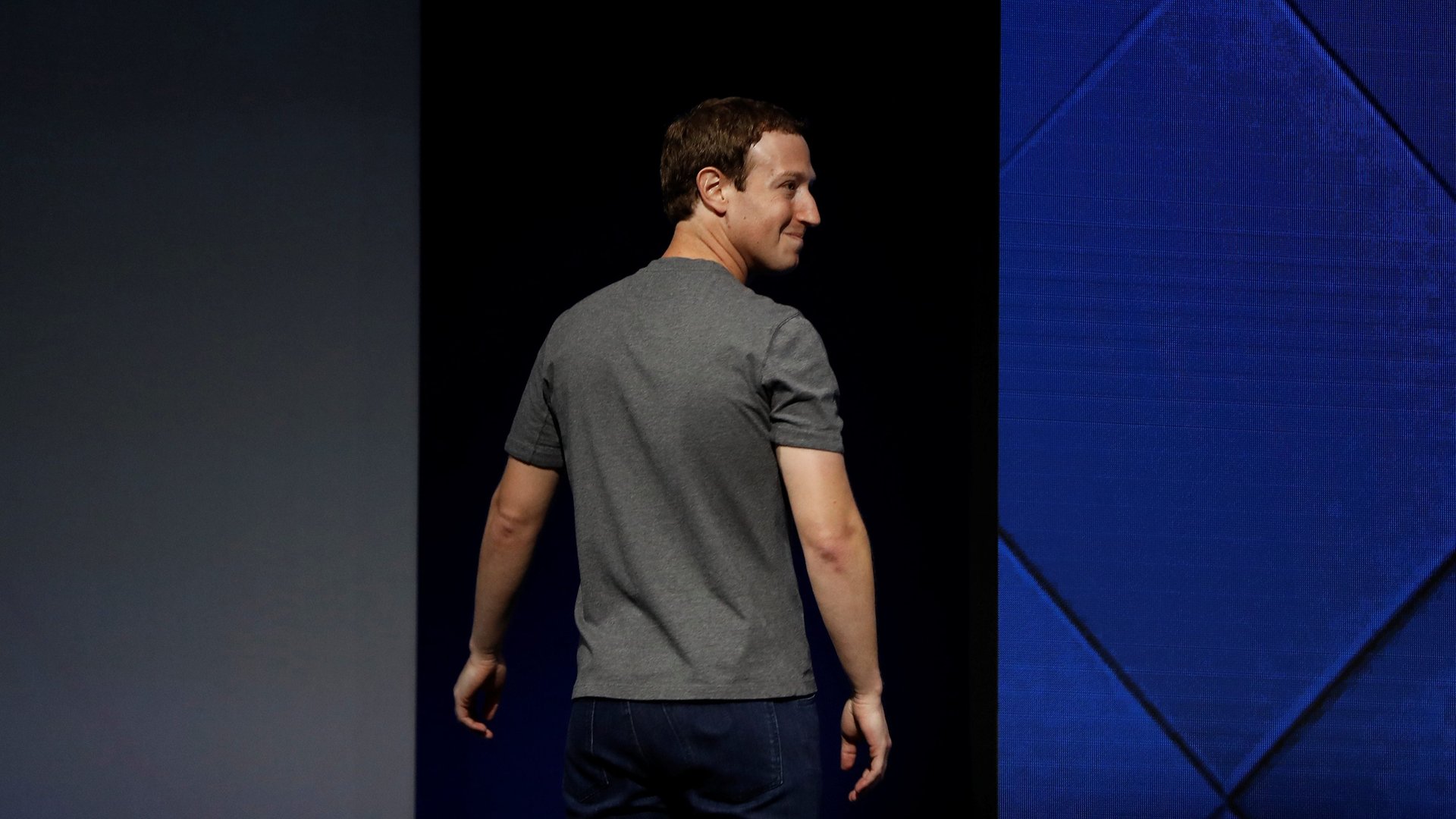Facebook is sending a message with its 2017 year in review: Look how great we are!
At a holiday party in New York on Tuesday (Dec. 5), Facebook unveiled its 2017 year in review, an annual roundup of what the world used the platform to talk about the most. In the past several years, Facebook’s list has been a simple Top 10 ranking, revealing some interesting insights about humanity—or at least about its 2 billion-strong user base. But this year, the list reveals something else: In 2017, a bad, bad year for Facebook, the company really wants you to know how great it is.


At a holiday party in New York on Tuesday (Dec. 5), Facebook unveiled its 2017 year in review, an annual roundup of what the world used the platform to talk about the most. In the past several years, Facebook’s list has been a simple Top 10 ranking, revealing some interesting insights about humanity—or at least about its 2 billion-strong user base. But this year, the list reveals something else: In 2017, a bad, bad year for Facebook, the company really wants you to know how great it is.
Facebook users are reliable on a few points: They always care about celebrity deaths, the Super Bowl, politics, and disasters. Recent lists have included tragedy, conflict, and disease, but also Pokemon Go and the Ice Bucket Challenge. This year, though, Facebook’s compilation is framed a bit differently. It highlights two most-talked-about moments in terms of users and interactions: International Women’s Day and the Super Bowl. It also notes that two other events—the Women’s March and the solar eclipse—were the most well-attended. Lastly, it points out that in moments of tragedy, people turned to Facebook tools to help and support each other—during the Las Vegas shooting, during Hurricane Harvey, during the earthquake in Mexico, and during Ariana Grande’s One Love Manchester fundraising concert. That Top 10 ranking? Nowhere to be found.
A Facebook spokesperson said each event highlighted was a “top moment” of 2017 in terms of keyword volume, but it’s clear what Facebook is hoping to make the primary takeaway: “Our 2017 Year in Review highlights the top ways people came together on Facebook to support one another,” reads its release.
It’s no surprise that Facebook wants to direct positive attention its way: The company had a pretty bad year (financials notwithstanding). Just before it started, CEO Mark Zuckerberg called the idea of fake news on Facebook influencing the US election “pretty crazy.” By October, the company’s top lawyer was admitting to lawmakers that 126 million people did potentially see politically divisive content sponsored by Russia.
Back in real life, Facebook’s holiday party reflected a bizarre dichotomy between the company’s actual and aspirational image: Attendees could pose in front of a backdrop designed to mimic Beyonce’s viral pregnancy photo shoot and dip their fingers in Instagrammable slime… or meet people that used Facebook to help others during Hurricane Harvey.